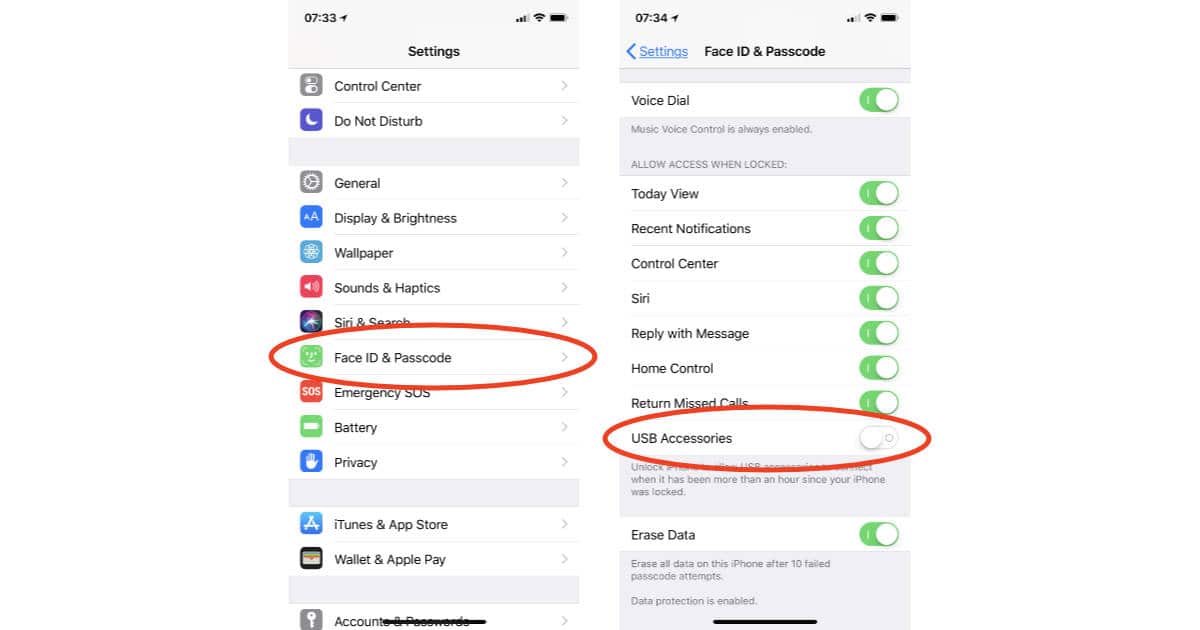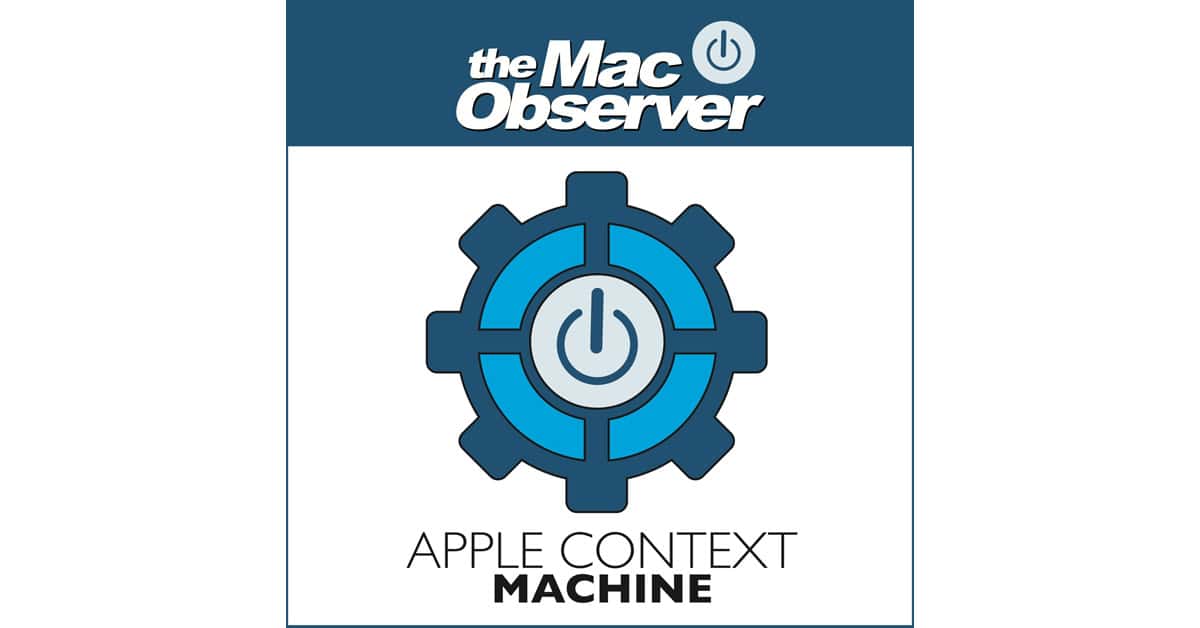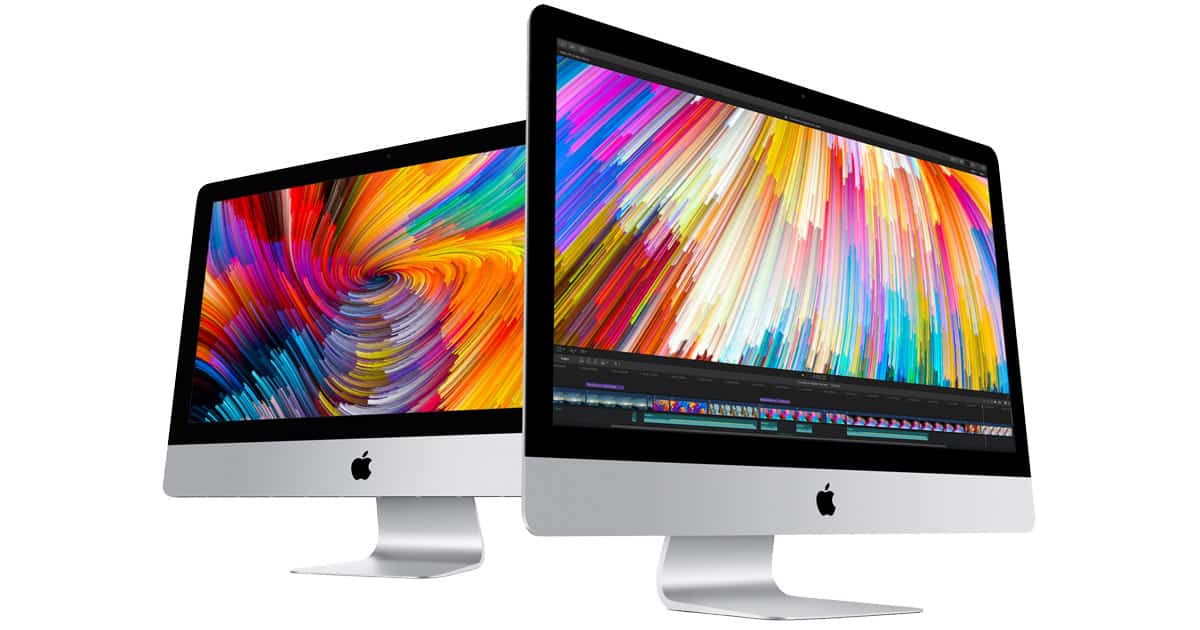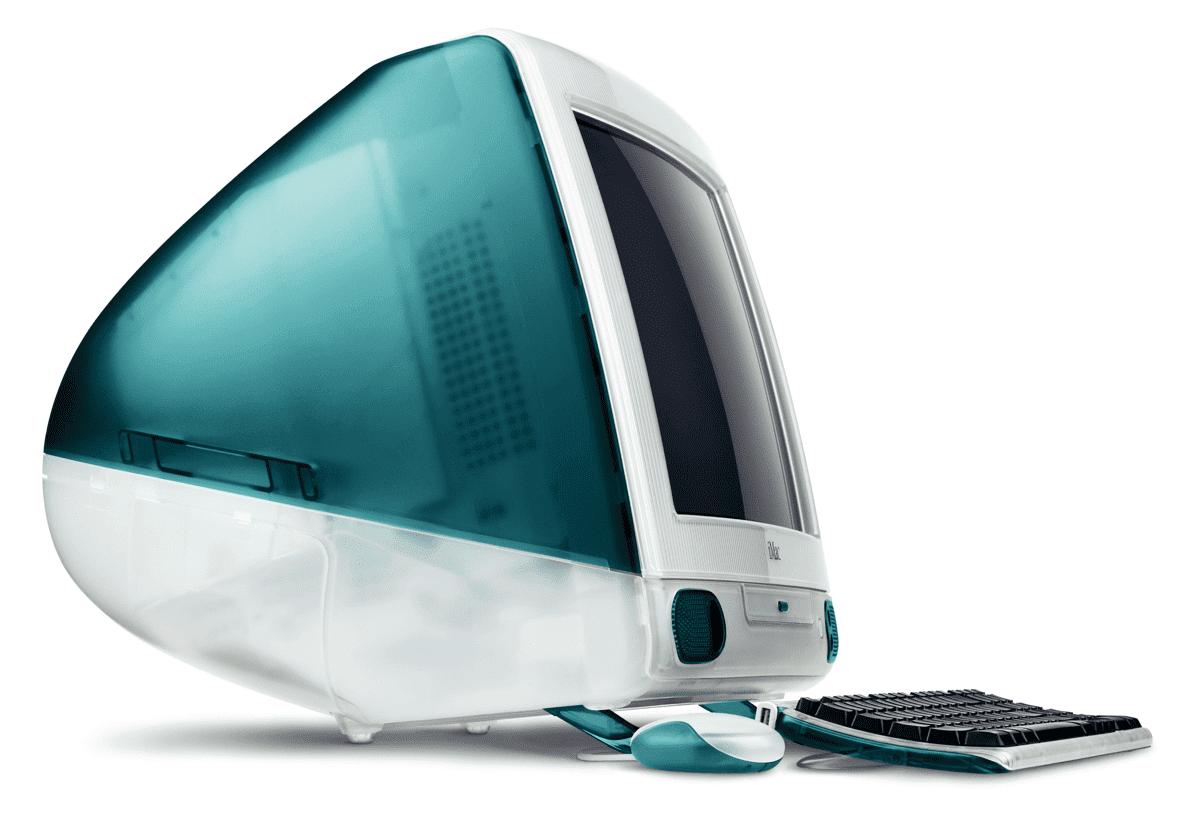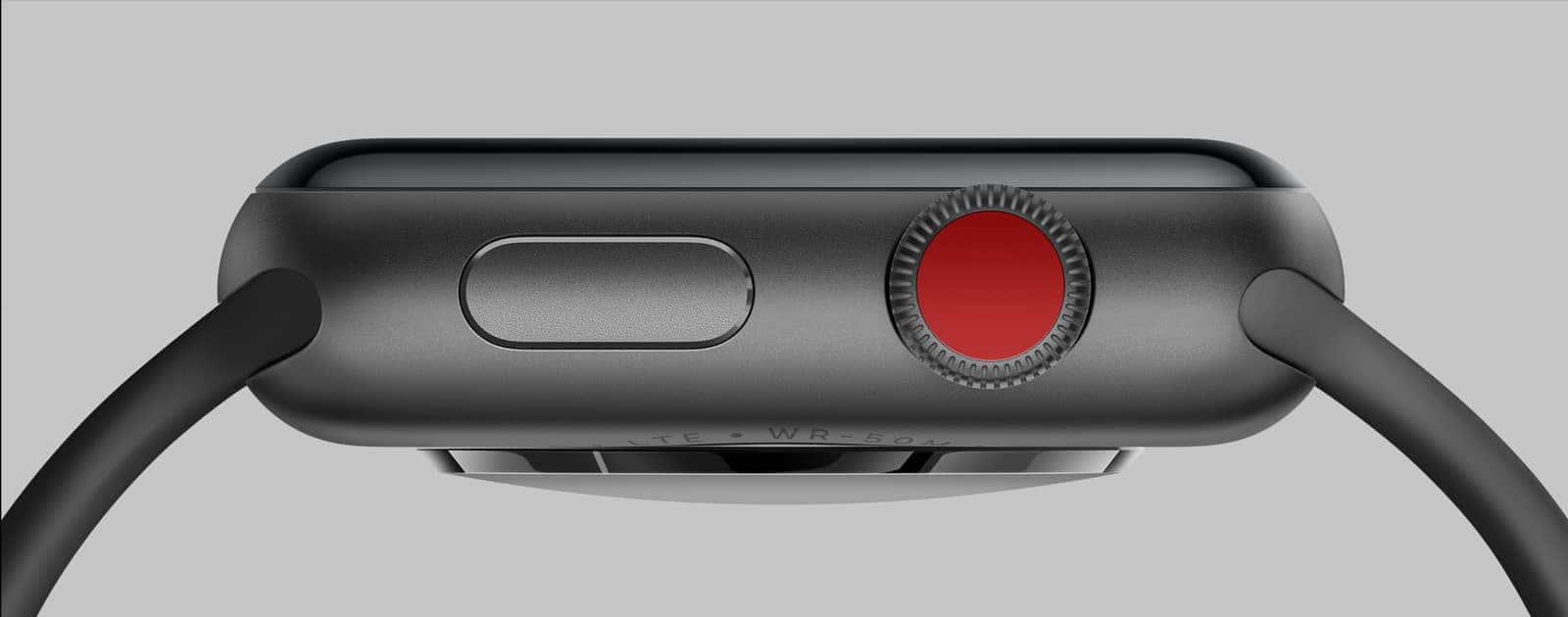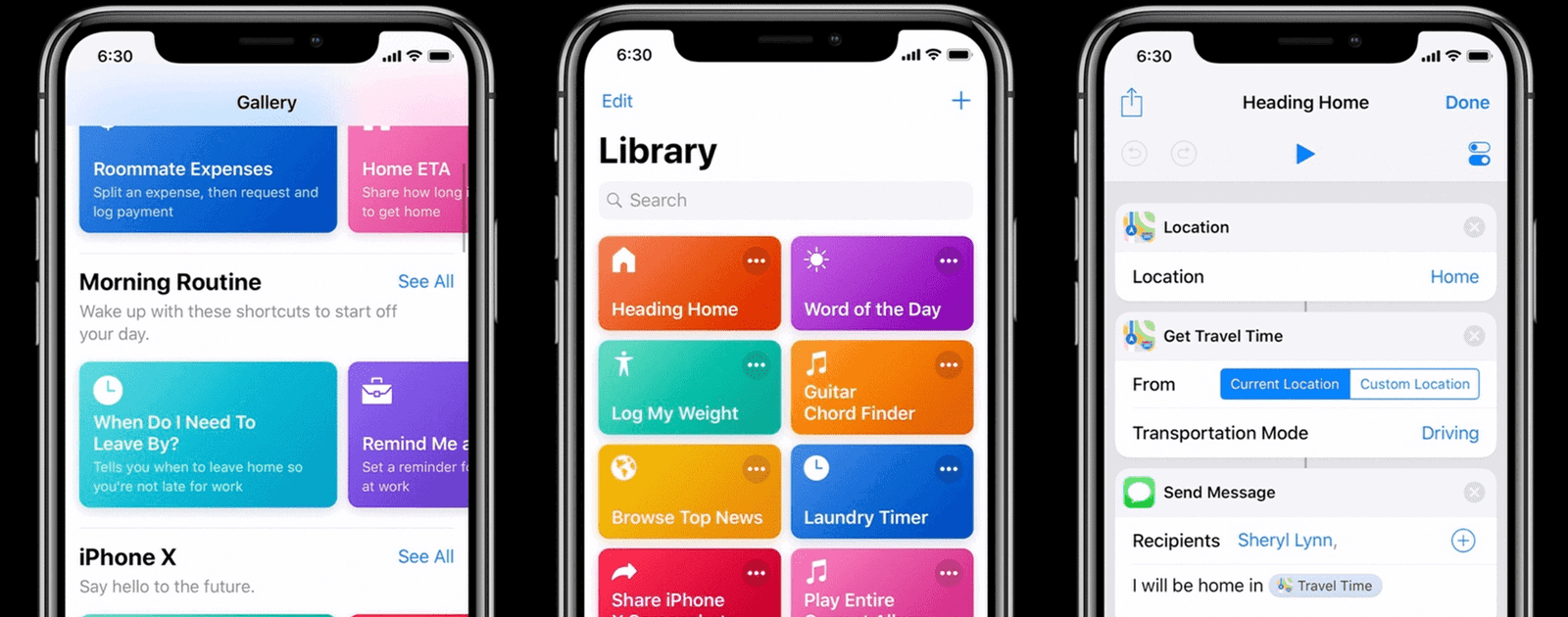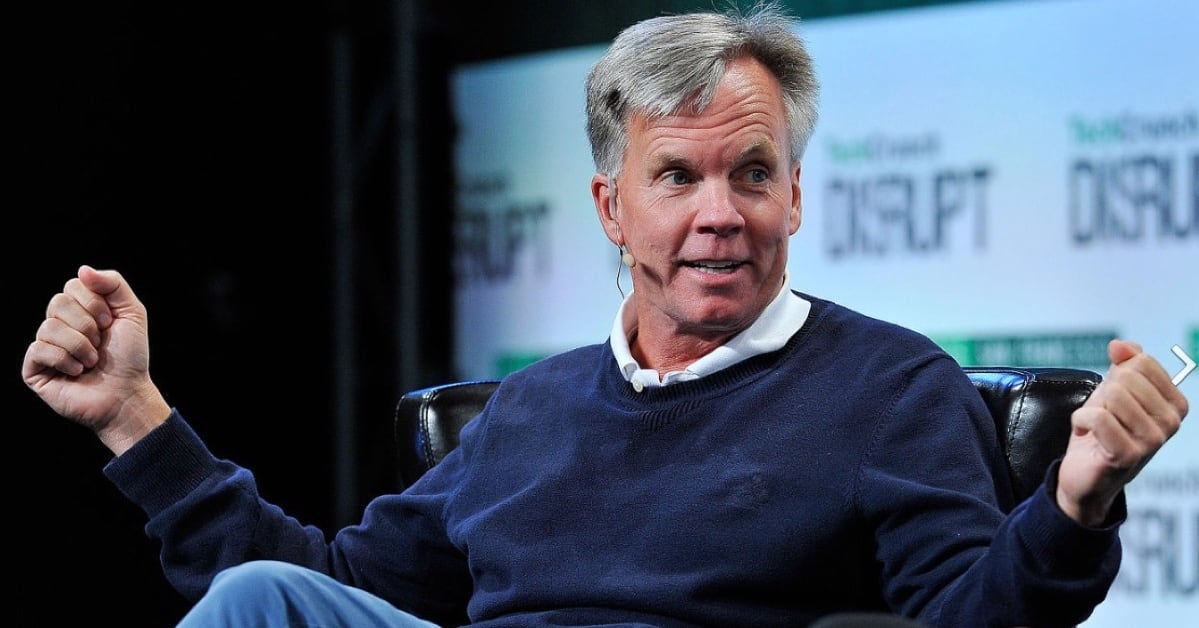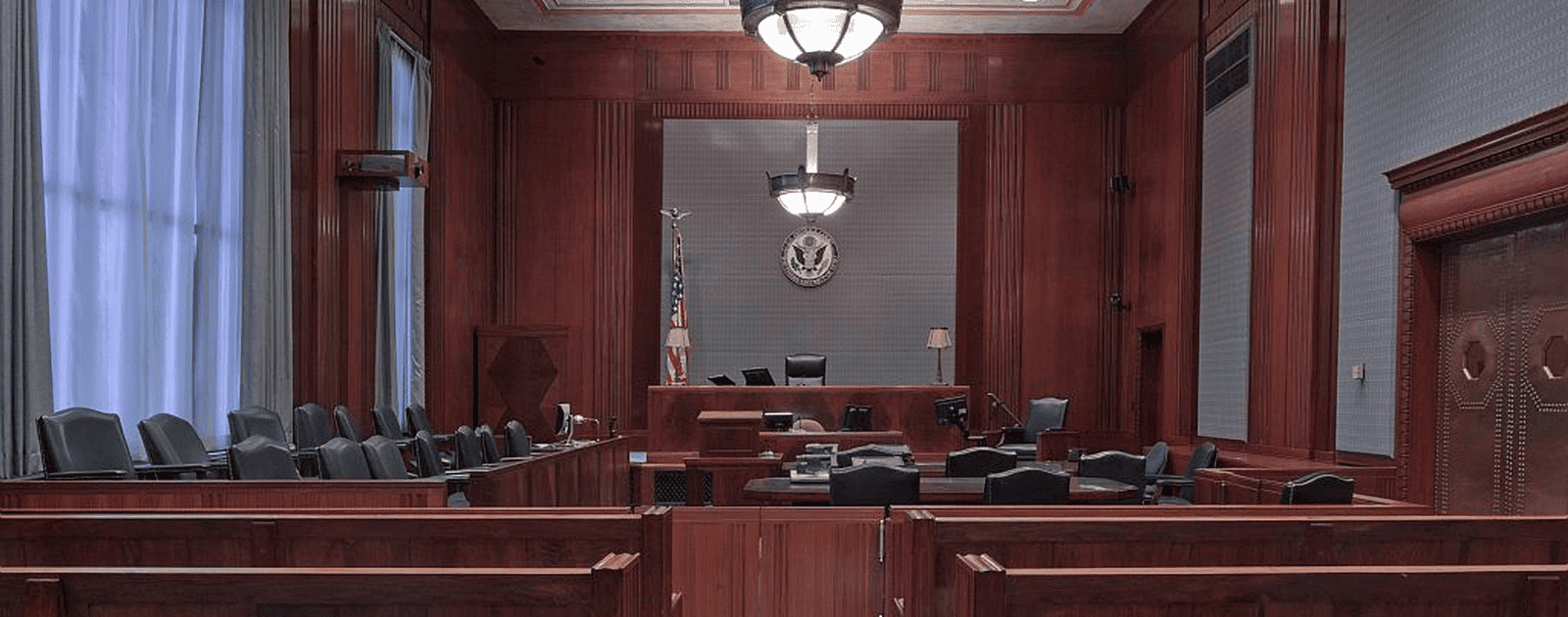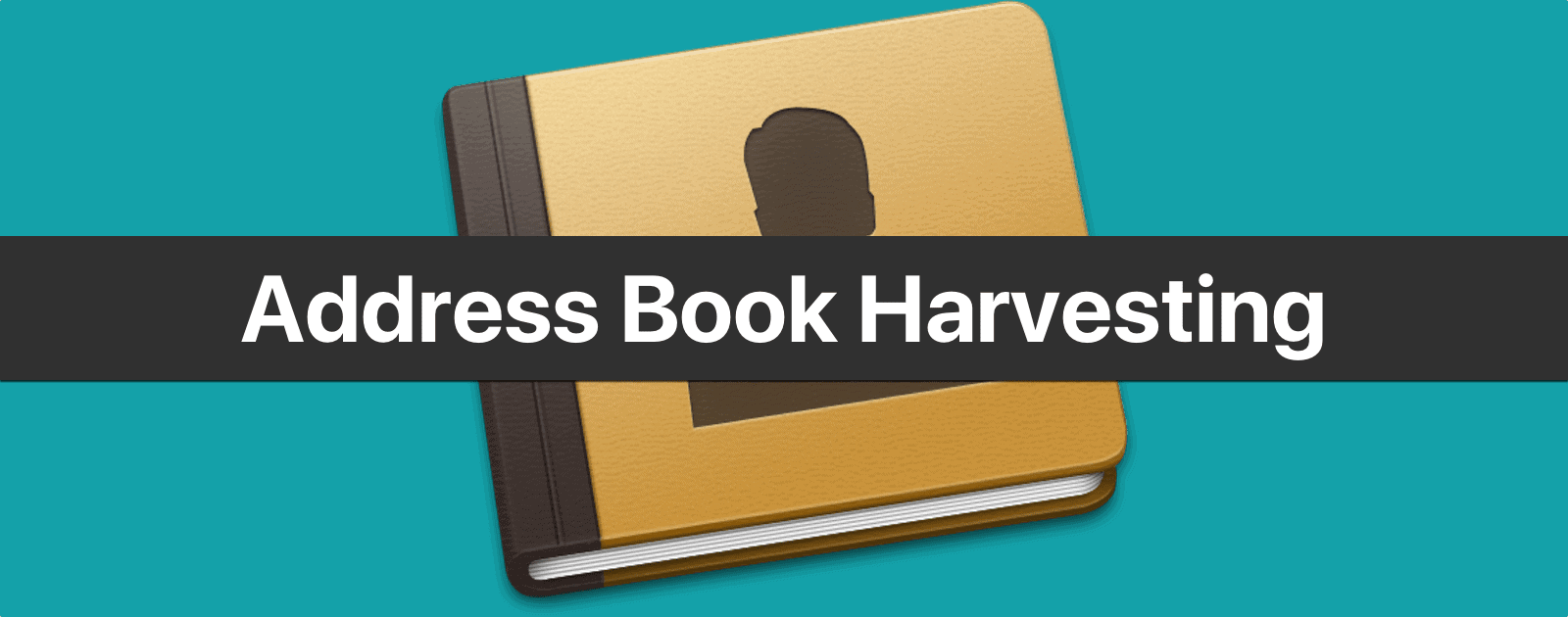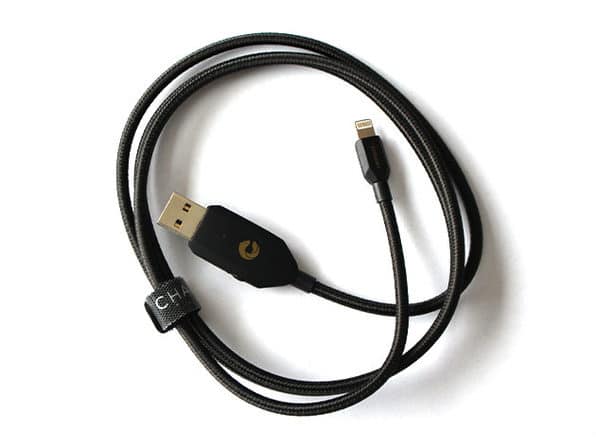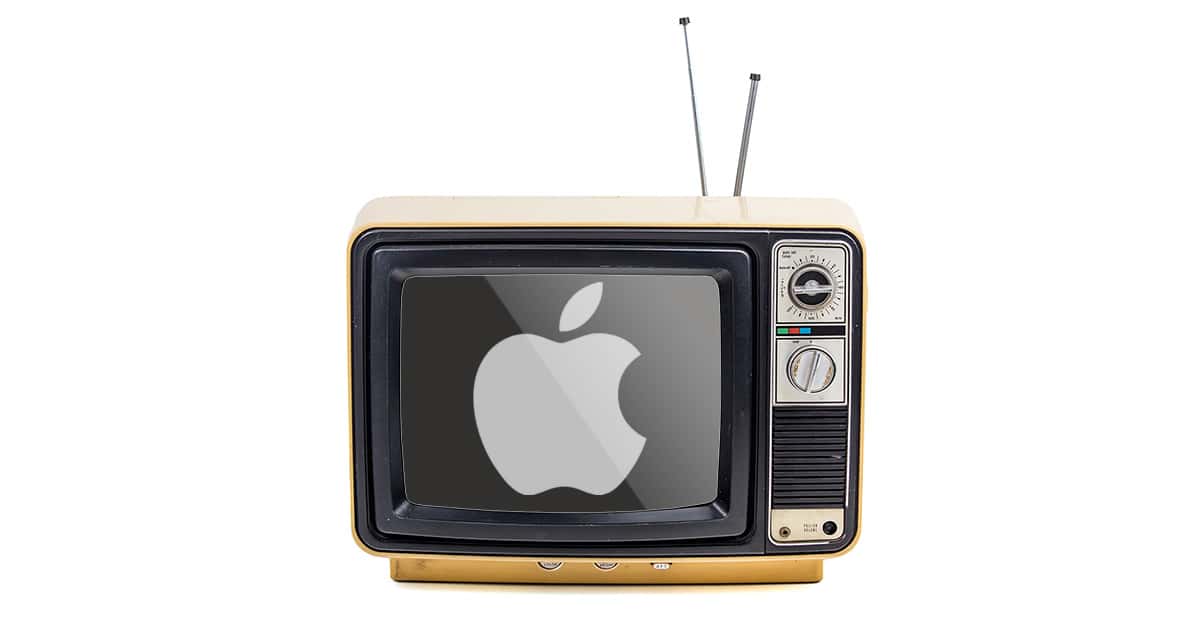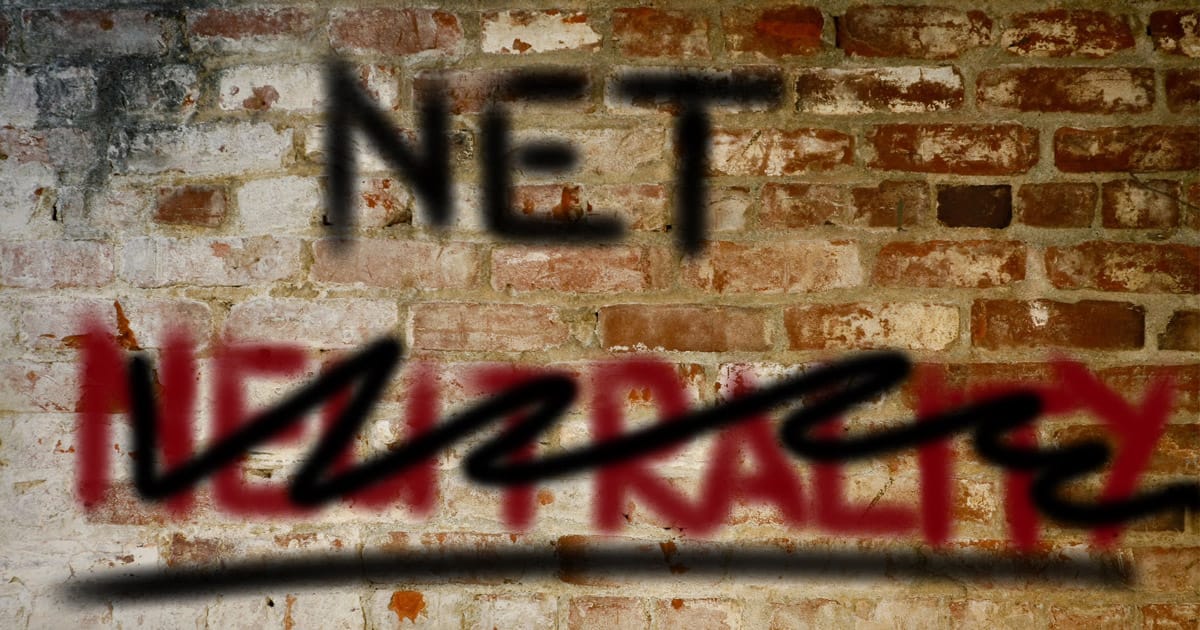If you’re trying to install macOS Mojave on an external drive connected to your USB-C and Thunderbolt 3 equipped Mac and get the dreaded No Entry (circle with a slash) screen, there’s an easy fix.
Search:
Aaron Paul, Ron Cephas, More Join Apple's 'Are You Sleeping' Cast
The cast for Apple’s “Are You Sleeping?” TV series starring Octavia Spencer is complete. Variety reports Lizzy Caplan, Aaron Paul, Ron Cephas Jones, Elizabeth Perkins, Mekhi Phifer, Michael Beach, Tracie Thoms, and Haneefah Wood round out the powerhouse the cast. The series is based on the book of the same name and follows a woman dealing with a podcast that’s investigating her father’s murder. Apple’s TV series lineup is looking strong, and “Are You Sleeping?” is one show I can’t wait to see.
How to Enable and Disable iPhone and iPad USB Restricted Mode
iOS 11.4.1 for the iPhone, iPad, and iPod touch has a new security feature called USB Restricted Mode designed to keep hackers out of your iOS device. Here’s how to find the setting and, if you need to, change it.
Tim Cook Interview on Bloomberg: Meeting and Working with Steve Jobs, More
Tim Cook sat down for an interview with David Rubenstein, Co-Chairman of The Carlyle Group, for Bloomberg. It’s a different kind of interview for Tim Cook, and you can see it in his different demeanor. Part of it is Mr. Rubenstein—he’s an excellent interviewer. But for whatever reason, Mr. Cook is more personable, less tightly-controlled, and he tells a few new anecdotes along the way. He talked about his first meeting with Steve Jobs and why he came to work for Apple. He also talked about Apple Watch, running for president (spoiler: he says he’s not), politics and Apple, giving tech support to Warren Buffett, coming out, and more. I call this a must-watch interview if you’re interested in Apple and Tim Cook.
The AR Demo and the Benefits of Surveillance Capitalism - ACM 466
If you’ve been wondering what all the fuss was about augmented reality, Bryan Chaffin and Jeff Gamet have an AR Demo for you to see. They also take time out from ranting about being the product to talk frankly about the benefits of surveillance capitalism.
Where Shall Apple Take the Mac Next?
The Macverse is bursting at the seams waiting for new Macs. A Mac specific event seems called for. Here’s what John would like to see.
Has Apple's New Design Language Killed Fun?
Writing for Quartz, Mike Murphy presents the argument that Apple’s new design language has “killed fun.” He says that the company has become less colorful and more monochromatic:
When founder Steve Jobs returned to Apple in 1997, he infused a sense of color and vibrancy that had been lacking from a company that had become stuck in a rut of selling beige boxes. He introduced the iMac, a spheroid bubble of green and white plastic and glass, a little over a year later. It was like no computer on the market, and it revitalized Apple.
By refining its products to near-impenetrable pieces of glass and metal, and bringing the aesthetic of the entire consumer electronics market along with them, Apple has stamped out much of the fun within its own company, and the greater industry.
Apple Watch Series 4 Rumors Include No Buttons and Improved GPS
The rumor mill is buzzing about the next version of the Apple Watch. These Apple Watch Series 4 rumors discuss improved GPS and more.
iOS 12 Automation: A Deep Dive Into Shortcuts
Federico Viticci wrote another killer piece at MacStories about iOS 12 automation with Shortcuts. It’s an informative article wherein he explains the difference between “Shortcuts the app and Shortcuts the feature.” The app replaces Workflow, but Shortcuts as a feature is a powerful new way to customize Siri. Apple is optimizing Siri in a different way than Google and Microsoft can, and it leverages the power of people, similar to services like IFTTT.
On the surface, Shortcuts the app looks like the full-blown Workflow replacement heavy users of the app have been wishfully imagining for the past year. But there is more going on with Shortcuts than the app alone. Shortcuts the feature, in fact, reveals a fascinating twofold strategy: on one hand, Apple hopes to accelerate third-party Siri integrations by leveraging existing APIs as well as enabling the creation of custom SiriKit Intents; on the other, the company is advancing a new vision of automation through the lens of Siri and proactive assistance from which everyone – not just power users – can reap the benefits.
Sizing Up Ron Johnson's Work, After Apple, at JCPenney
Ken Segall, at The Observatory, takes retrospective look at Ron Johnson’s tenure as CEO of JCPenney. Recall Ron Johnson was Apple’s SVP of Retail Operations at Apple from roughly 2000 to 2011 and is believed to have been a major force in the success of Apple’s retail stores. In 2011, he was enticed to take the CEO position at JCPenney. Author Segall looks at how two CEOs did after Johnson was forced out in 2013. It’s a sparkling, fascinating look, in hindsight, about what Johnson tried to achieve, why he failed and why his successors also failed.
After Losing to Apple, Samsung Demands Yet Another Retrial in Patent Infringement Case
Samsung is demanding a retrial and rejects the US$539 million verdict.
New iOS 12 Guidelines Kills Shady Address Book Harvesting
With a new software version comes new App Store guidelines, and there are new rules that Apple didn’t publicly announced.
Microsoft Announces Office 2019 Preview for Mac Enterprise Customers
The new version is aimed at customers who don’t have an Office 365 subscription.
John's Mac mini Idea, AltConf and WWDC 2018 Interviews - TMO Daily Observations 2018-06-13
John Martellaro and Kelly Guimont join Jeff Gamet to talk about how Apple could blend the Mac mini and Mac Pro into the same design, plus Kelly and John share their favorite AltConf and WWDC 2018 interviews.
Charby Sense Charging Cable: $29
We have a deal on a Charby Sense Charging Cable. This cable was successfully funded through Indiegogo, and will cut off charging when your iPhone (Android charging cables available, too) is fully charged. It also supports Fast Charging, which iPhone 8, iPhone 8 Plus, and iPhone X support. It’s $29 through our deal, 25% off retail.
Thirteen Lucky Years of MGG – Mac Geek Gab Podcast 713
Join John F. Braun and Dave Hamilton as they celebrate their 13th Mac Geek Gab anniversary by answering your questions, sharing Cool Stuff Found, solving problems and… you know… doing what they do for you! Press play, download, and celebrate! And also learn!
Ring Alarm Home Security System Available for Pre-order
The Ring Alarm DIY home security system is available for pre-order now and ships at the beginning of July.
AltConf and WWDC 2018 Interview: Daria Leshchenko
San Jose – Jeff Gamet talks with Support Your App CEO Daria Leshchenko at AltConf and WWDC 2018 about resources for developers looking for assistance with customer support.
Kelly Costello Joins Apple as Business Affairs Exec for TV and Video
Unlike Apple TV, Apple’s streaming television and movie businesses isn’t a hobby. Apple’s latest hire, Kelly Costello, helps drive that point home. Variety reports she’s serving as business affairs executive reporting directly to Apple’s head of business affairs for worldwide video, Philip Matthys. She previously served as executive vice president of business and legal affairs for Broadway Video, and served stints at Viacom and NBC Universal Television, too. With each new hire Apple is showing it’s playing for keeps in the streaming entertainment market.
AltConf and WWDC 2018 Interview: SkyTripping
San Jose – Jeff Gamet chats with Ron from SkyTripping at AltConf and WWDC 2018 about using our iPhones to help overcome stress and anxiety.
macOS: How to Merge Folders
The Finder’s “Merge” command—useful for combining the contents of folders that have the same name—is a handy way to clean up the files on your Mac. However, it’s got some important caveats, which we’ll explain in today’s Quick Tip!
A World in Which $158 Billion Netflix May Be Too Small to Get Access to You
A court granted AT&T the right to acquire Time Warner, which makes sense because the Trump Administration’s blocking of that deal was political, rather than a true issue of antitrust. But when combined with the death of Net Neutrality, which ended Monday, Danny Crichton at TechCrunch had a sobering observation. In a piece arguing the merits of Alphabet and Netflix becoming ISPs (I’d throw Apple on that list), he noted that the world of video is effectively closed to startups. It’s a good read, and here’s a snippet:
One sad note though is how much the world of video is increasingly closed to startups. When companies like Netflix, which today closed with a market cap of almost $158 billion, can’t necessarily get enough negotiating power to ensure that consumers have direct access to them, no startup can ever hope to compete. America may believe in its entrepreneurs, but its competition laws have done nothing to keep the terrain open for them. Those implications are just beginning.
Siri Adds Support for Football in Brazil, Russia, Denmark, Finland, Malaysia, Turkey, Thailand, Saudi Arabia, and Israel
Siri users can ask for scores, schedules, standings, and team rosters in 35 countries now, in the run-up to the World Cup.
Apple Hires Development Exec Layne Eskridge from Netflix
Ms. Eskridge joins Apple with the title Creative Executive reporting to Matt Cherniss, Head of Development for Worldwide Video.


